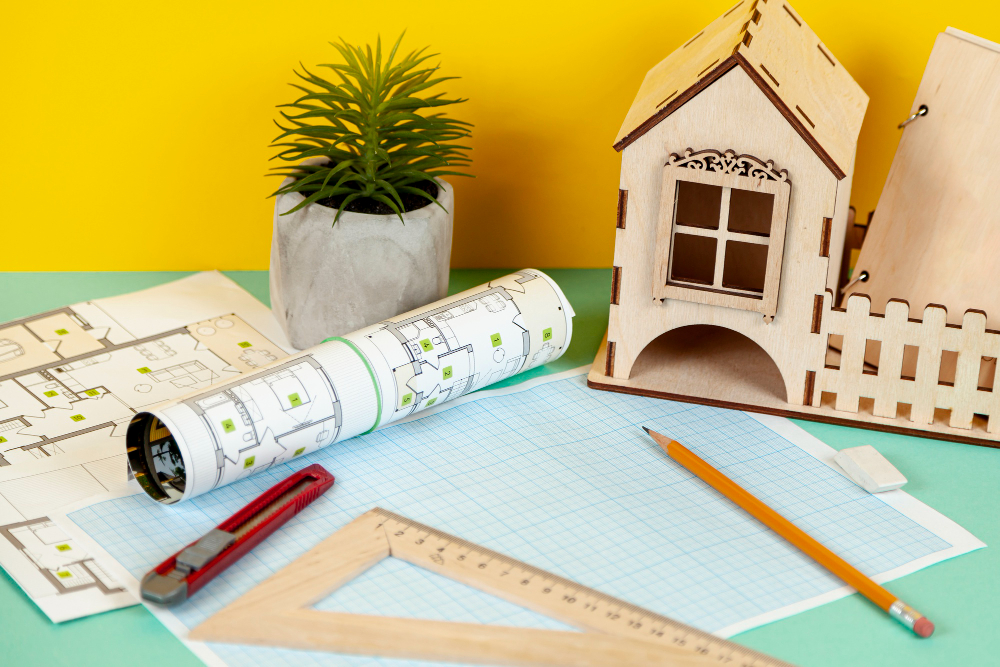Whenever I step onto an empty site, I don’t just see construction potential. I see the beginning of a story—the lives of families who will call it home. For builders and developers, bringing Vastu into site planning is the very first step toward creating projects that thrive in harmony and success.
In the UAE, most land plots are aligned along the subcardinal axes—NE, SE, SW, and NW which makes it challenging for builders to design according to the main cardinal directions. However, with a skilled architectural team and expert Vastu guidance, it’s absolutely possible to create unique layouts that offer both excellent returns for developers and a prosperous setting for future residents.

Why Site Planning Holds the Key
Think of the land as a living presence. When its natural energies are honored, everything built on it seems to flourish almost effortlessly. When ignored, even the most stunning architecture can struggle against unseen resistance.
Some fundamentals every developer should keep in mind:
- Quality of soil – How healthy and fertile the soil is. A fertile soil helps with smooth construction flow, timely delivery, and fast sales. There are many effective ways to test land, and to determine whether it’s good for construction. And in case weak energies are present, then how to uplift and balance them.
- Plot Shape: Square and rectangular plots have a balanced flow of energies and create balance. Odd or irregular shapes often disrupt energy flow and may bring hurdles or slow down construction. So, always opt for a rectangular or square shape for any building.
- Orientation: Roads and entrances facing east or north are considered highly supportive. However, all 4 directions provide positive energy fields. It’s all about calculating and planning the entrance in an auspicious energy field.
- Slope of Land: A gentle slope from south to north or west to east naturally encourages a strong magnetic field which enhances peace and prosperity.
- Water Placement: Borewells, tanks, and water features belong in the north or northeast—not in the southwest. Any kind of slope, pit, swimming pool, water body towards SW could be destructive for future growth and sales.
- Open Spaces: Keeping more open space in the north and east ensures better sunlight, ventilation, and vitality to overall space.
How Developers Benefit
These principles are practical assets for builders. Majority of buyers in the UAE market are Indians who are aware about Vastu principles. Hence, Projects aligned with Vastu:
- Attract buyers more quickly, as many families today actively look for Vastu-compliant homes.
- Prevent future disputes or costly renovation demands from residents.
- Build lasting goodwill, because clients actually feel more comfortable, settled, and at peace in the spaces.
Site planning is like tuning a musical instrument—when the notes align, the entire composition sings. For builders and developers, Vastu isn’t about holding on to tradition for its own sake. It’s about laying a foundation that carries the promise of growth, prosperity, and well-being for generations to come.

















